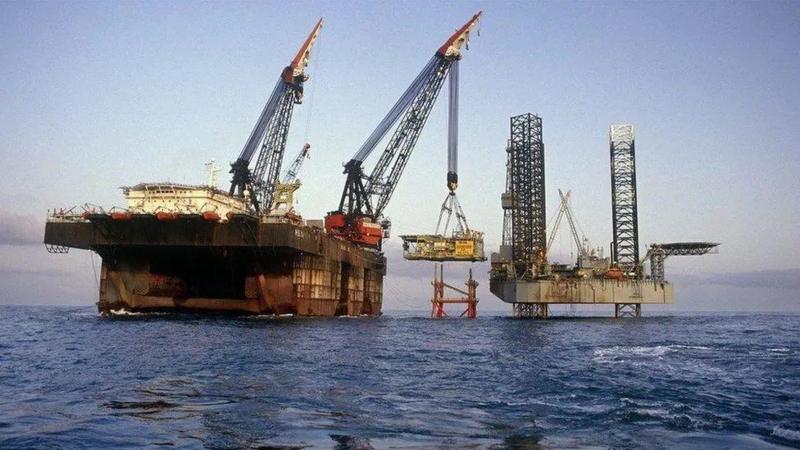Myanmar plans to scrap all restrictions on international payments and transfers before the end of 2013, the International Monetary Fund said, making it easier for companies to buy and sell goods in the country.
The government expects to complete the unification of its currency within the same period, and have a plan ready by mid- 2012 to lift limitations on payments and transfers, after it adopted a managed float for the kyat last month, the Washington- based lender said in a report known as an Article IV Consultation. The country needs “wide-ranging and significant” reforms and should pace them appropriately, the fund said.
Myanmar’s central bank scrapped a 35-year fixed exchange rate system in April, the biggest financial market policy shift since President Thein Sein took power a year ago in an attempt to unify the multiple exchange rates in the Asian nation of 64 million people. The move to a managed float of the kyat may weaken the grip of the black market, where appreciation has hurt exporters.
The previous system “increases transactions costs, discourages foreign direct investment and trade, encourages informal activity, and has put appreciation pressure on the Myanmar currency, the kyat,” the fund said.
“With the help of the IMF, Myanmar plans to complete the process of exchange rate unification, including removing all exchange restrictions and eliminating multiple currency practices before their target date of end-2013,” it said.
‘Strong Growth’
Bordering China and India and with the second-largest land area in Southeast Asia behind Indonesia, Myanmar’s resources include rubber and natural gas, as well as deposits of gold, copper and gemstones. Gross domestic product will increase 5.5 percent in financial year 2011-2012, and 6 percent the following period, the IMF estimates.
“Myanmar could see strong growth if it pursues the necessary reforms to take advantage of its rich natural resources, young labor force, and proximity to some of the world’s most dynamic economies, including China and India,” Meral Karasulu, IMF’s mission chief for Myanmar, said in a statement accompanying the report.
The discussions with Myanmar officials took place in January and the report was prepared in March. It’s the first time the government has agreed to make the annual assessment public, the fund said.
Thein Sein has moved to reconnect Myanmar with the West since taking power 14 months ago including releasing political prisoners and convincing opposition leader Aung San Suu Kyi to rejoin the political process, opening the door for sanctions to be lifted and Western companies to scout investment opportunities.
IMF economists said rapid changes in Myanmar on a large scale could make potential mistakes “very costly.” The government needs to prioritize reforms even as the planned changes would take time to implement, they said.
“Drastic, over-reaching reforms in many policy areas may not be realistic, given the capacity constraints and the need to coordinate across various institutions,” Karasulu said.

